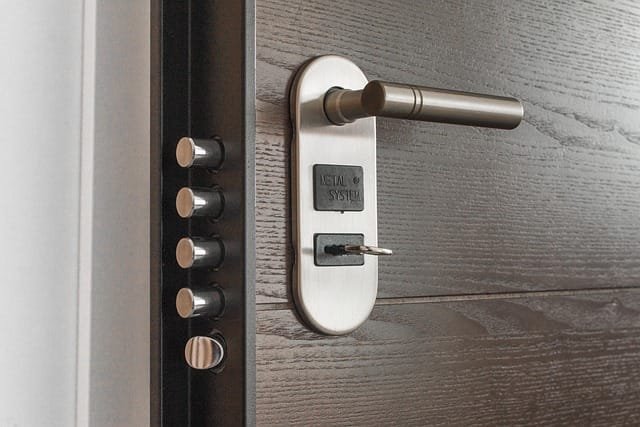Smart vs Traditional Locks: Which One Is Right for Your Home?
Home security is no longer just about a sturdy door and a mechanical lock. With the rise of smart home technology, choosing between smart locks and traditional locks can be a bit overwhelming. Let’s break down the features, benefits, and ideal use cases for both.
1. What Are Traditional Locks?
Traditional locks include deadbolts, padlocks, and mortise locks that require a physical key. They’re known for their reliability and mechanical simplicity.
Pros:
- No need for batteries or Wi-Fi
- Easy to install
- Affordable
Cons:
- Keys can be lost or duplicated
- No remote access or monitoring
2. What Are Smart Locks?
Smart locks offer keyless entry, remote access, and app integration. They use Wi-Fi, Bluetooth, or Z-Wave to connect to your smartphone or smart hub.
Pros:
- Keyless convenience
- Remote locking/unlocking
- Activity tracking and alerts
Cons:
- Dependent on power and internet
- Higher upfront cost
3. Which One Should You Choose?
- Choose traditional locks if you prefer a low-maintenance, budget-friendly solution.
- Opt for smart locks if you want enhanced convenience, remote control, and integration with other smart devices.
Conclusion
Both lock types have their strengths. Evaluate your home’s security needs and choose what aligns best with your lifestyle. For the perfect solution, a combination of both might be ideal.







